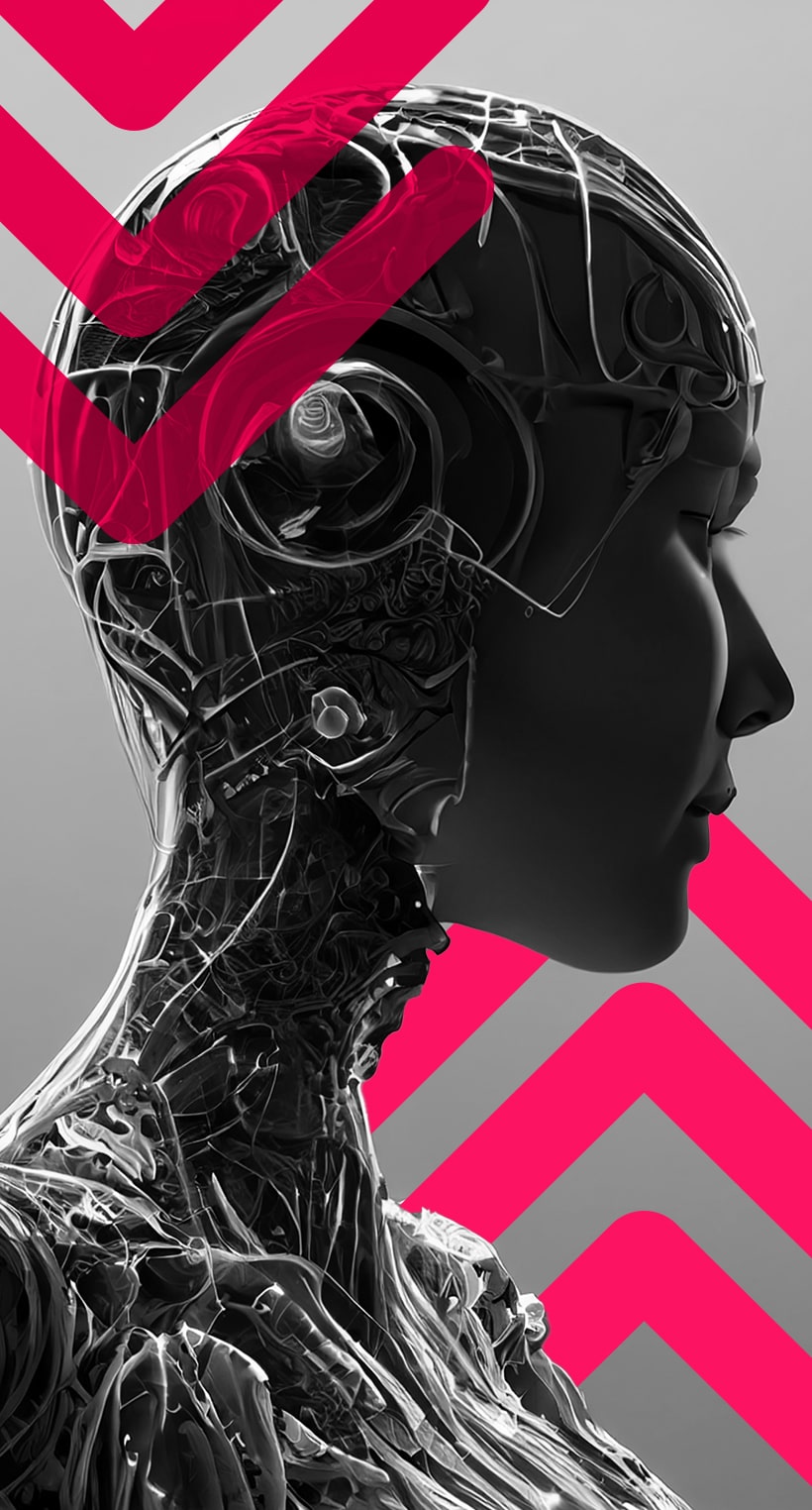In today’s digital age, where cyber attacks are becoming increasingly sophisticated, businesses must prioritise cybersecurity to protect their assets. Artificial Intelligence (AI) is one technology that is revolutionising cybersecurity. AI has the potential to detect and mitigate cyber threats in real time, providing a proactive approach to cybersecurity. Ignoring the power of AI in cybersecurity could prove to be a costly mistake for any business.
The Growing Importance of AI in Cybersecurity
As cyber attacks continue to evolve and become more sophisticated, traditional cybersecurity measures are no longer sufficient to protect businesses from these threats. This is where AI comes in. AI can analyse vast amounts of data, identify patterns, and detect anomalies that might indicate a cyber attack. By leveraging machine learning algorithms, AI-powered cybersecurity systems can continuously learn and adapt to new threats, making them more effective than traditional security measures.
Common Cybersecurity Threats and Vulnerabilities
Before delving into the role of AI in cybersecurity, it’s essential to understand the common cyber threats and vulnerabilities that businesses face on a daily basis. Cyber attacks can range from phishing attempts and malware infections to Distributed Denial of Service (DDoS) attacks and data breaches. These threats can lead to financial loss, reputational damage, and legal repercussions for businesses. Since cybercriminals often exploit vulnerabilities in software, networks, and human error, companies must have robust cybersecurity measures in place to mitigate these risks.
How AI is Transforming Cybersecurity
AI is transforming cybersecurity by providing a proactive and intelligent approach to threat detection and prevention. Traditional cybersecurity measures often rely on rule-based systems that can only identify known threats. However, AI-powered cybersecurity solutions can analyse large volumes of data in real time, identify patterns, and detect anomalies that may indicate a potential cyber attack. This enables businesses to respond to threats more quickly and effectively, minimising the potential damage.
AI can also be used to automate routine cybersecurity tasks, freeing up valuable resources and allowing cybersecurity professionals to focus on more complex issues. With AI, businesses can benefit from 24/7 monitoring and instant threat response, reducing the risk of a successful cyber attack.
Benefits of Using AI in Cybersecurity
The benefits of using AI in cybersecurity are numerous. Firstly, as mentioned previously, AI-powered cybersecurity systems can detect and respond to threats in real time, providing businesses with a proactive defence against cyber attacks. This reduces the likelihood of successful breaches and minimises the impact on business operations.
Secondly, AI can help businesses stay ahead of cybercriminals by continuously learning and adapting to new threats. Machine learning algorithms analyse data from past attacks to identify patterns and predict future threats. This proactive approach allows businesses to implement preventive measures before a cyber attack occurs, significantly reducing the risk.
Furthermore, AI can automate routine cybersecurity tasks, such as patch management and vulnerability scanning. This not only saves time and resources but also improves the overall efficiency of cybersecurity operations.
Examples of AI-Powered Cybersecurity Solutions
Several AI-powered cybersecurity solutions are already available in the market. One such solution is AI-driven threat intelligence platforms, which use machine learning algorithms to analyse vast amounts of data and identify potential threats. These platforms can provide businesses with real-time threat intelligence and actionable insights to strengthen their cybersecurity defences.
Another example is AI-powered anomaly detection systems. These systems continuously monitor network traffic and user behaviour to identify any deviations from normal patterns. By detecting anomalies, these systems can quickly identify and respond to potential cyber attacks. Additionally, AI-based user behaviour analytics can help businesses identify insider threats by analysing user activity and detecting any suspicious behaviour. This can be particularly useful in industries where data breaches caused by malicious insiders pose a significant risk.
The Cost of Ignoring AI in Cybersecurity
Ignoring the power of AI in cybersecurity can have significant financial and reputational costs for businesses. In today’s digital landscape, cyber attacks are not a matter of “if” but “when.” By ignoring AI-powered cybersecurity solutions, businesses leave themselves vulnerable to various cyber threats, including data breaches and financial fraud.
The cost of a cyber attack can be substantial. Businesses may face financial losses due to stolen funds, legal expenses, and regulatory fines. Moreover, the reputational damage caused by a cyber attack can lead to customer loss and decreased trust in the business.
Conclusion
AI is revolutionising the field of cybersecurity by providing businesses with a proactive and intelligent defence against cyber attacks. Ignoring the power of AI in cybersecurity can have severe consequences for businesses, including financial losses and reputational damage. By embracing AI-powered cybersecurity solutions, businesses can stay ahead of cybercriminals, detect and respond to threats in real time, and protect their valuable assets.
In today’s digital age, where cyber threats constantly evolve, AI is no longer a luxury but a necessity for businesses to safeguard their future.
;)
;)
;)